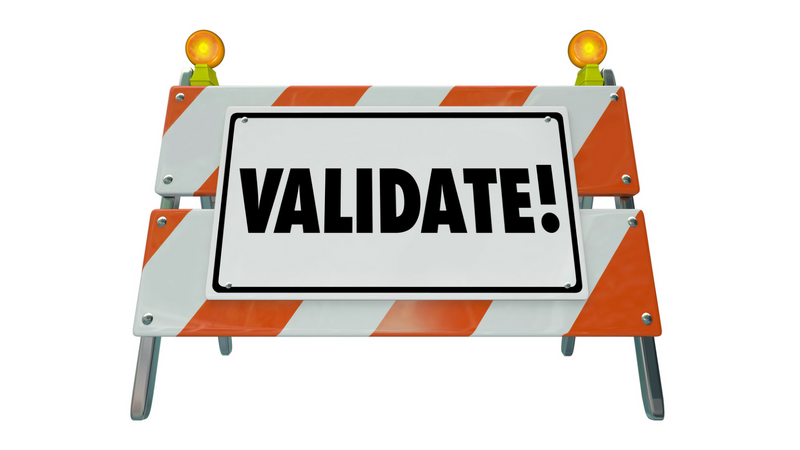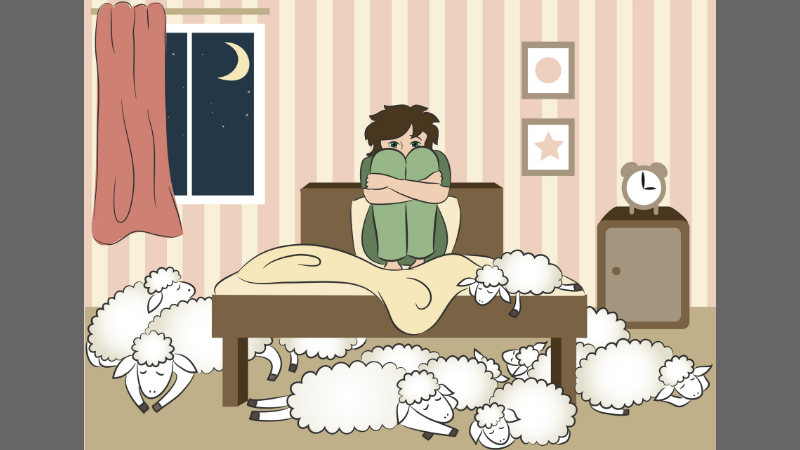Coping Strategies: What Are They?
We hear a lot about coping strategies, and it’s not always clear what the term means. Eating better? Exercise? How are “coping strategies” different from “daily self-care?” Do we use them differently?
All good questions. Let’s dive in, shall we?
Pressures Build
“It feels like there’s something new, every week. First, it was Hurricane Harvey. Then Hurricanes Irma and Maria. Then the Las Vegas shooting. And now, it’s the fires!”
This is the note my support group started on this week: a recounting of all the recent (and ongoing) tragedies. The speaker is right; each of these is a devastating event in its own way.
Each has impacted the members of the support group and others we know in unique and significant ways. Stressful circumstances for all, my little group feels overwhelmed by the bad news.
“It just feels like it never ends!”
Negative Coping Strategies
Some of us approach coping strategies naturally, developing little (and sometimes major) acts of taking what life hands us and saying “not today, big fella!” For others, creating coping mechanisms that provide resiliency are not as easy, yet the pain still exists and a coping mechanism is established.
Sadly, not all of these coping mechanisms are healthy ones. The likelihood of someone with a mental illness also abusing substances is extremely high, though specific estimates vary. Marijuana, alcohol, and cocaine are among the top contenders for substance abuse, although no substance is immune.
Increasingly, we know that treating substance abuse effectively means treating any underlying mental health issues as well.
In some way, the negative strategy makes us feel better, so we rely on it.
There are other negative coping strategies beyond substance abuse, as well. Isolation, acting out in anger, and overworking also fall on the list of coping mechanisms that may provide relief in the moment.
In some way, the negative strategy makes us feel better, so we rely on it. The relief is temporary, however, and can leave behind stronger or more desperate emotions in its wake—driving us back in to the same poor strategy with a stronger (and even less healthy) zeal.
Pushed far enough, these negative coping mechanisms have a destructive impact on our lives: they may lead to jail, the hospital, divorce, and, in the worst case scenario, death.
I love you too much for that, so let’s explore some healthier and positive coping mechanisms.
Positive Coping Strategies: A Healthier Approach
Positive coping strategies are those that help us find stability and equilibrium in a way that doesn’t cause harm to our lives. These are activities we can turn to in a moment of stress that help us calm down, ideally release some of our emotions, and feel better. They can be passive, like taking a bath, or they can be active, such as going for a run.
The more options we create for ourselves, the better our chances for successfully coping with a stressful situation.
Developing passive coping strategies does take intentionality, and it can mean exploring, too. Here’s my list of tips:
- Build your plan in a moment when you’re not stressed out (or at least can step away from the stress for a moment). You’ll think more clearly.
- Start by cataloging activities you know you enjoy and find restful or helpful or calming. My initial list included prayer, taking a bath, knitting, reading, and taking a walk.
- Think about other options you could try that might be helpful: journaling, going for a bike ride, doing some gardening, painting/other artistic activity, getting a massage…If it sounds self-indulgent, pleasant, or helpful, then it belongs on the list.
- As you create your list, don’t worry about the practicality or the impracticality of it; maybe I can’t afford to get an $80 massage every week, but I might find a Groupon for $40 or discover the local massage college offers discounts. Right now, the goal is to simply build a list of options that you can turn to in a tough moment, not to judge it.
That last bullet point is really important: The goal is to create a list of options for ourselves.
If I’m feeling jittery and full of energy, a bubble bath might not be a good idea. I’ll sit in the bathtub, anxious and stressed over the time I’m spending in my bath.
On the other hand, if I take a bike ride, I’m so preoccupied with staying balanced and watching for traffic that I don’t have time to think about my stress. If I’m feeling a deep emotion and need to work my way through it, journaling is my go-to option.
When I journal, I free-form write about the issue and the emotions I feel. At some point, I just feel “done” with writing, so I stop. It works really well for me when I’m emotional, and not so well when the stress lives in my body.
When we have a list, we can pick the right activity to help us cope with the stressor. The more options we create for ourselves, the better our chances for successfully coping with a stressful situation.
The goal is to simply build a list of options that you can turn to in a tough moment, not to judge it.
Ultimately, learning how to manage stress and stressors is a key component of our self-care and recovery plans. Life keeps happening, regardless of how we are doing or what else we already have going on.
When we don’t have a plan or options in place to practice positive coping strategies, the strategies we use may cause significant harm to our careers, our living situations, and our relationships. Proactively preparing for these stressors not only gives us a plan for coping, sometimes just having it in place and knowing it is available can be reassuring and calming.
I hope you take the time to develop a list of positive coping strategies. I believe that as you use it, grow it, and explore it, you will find that while life itself may continue to throw the same grapes at you, it won’t seem quite so difficult to weather the storm.
What coping strategies do you use? How have you transitioned from negative to positive ones? I’d love to hear your experiences in the comments below!
Looking for daily inspiration and community? Join our warm and supportive Facebook group!









